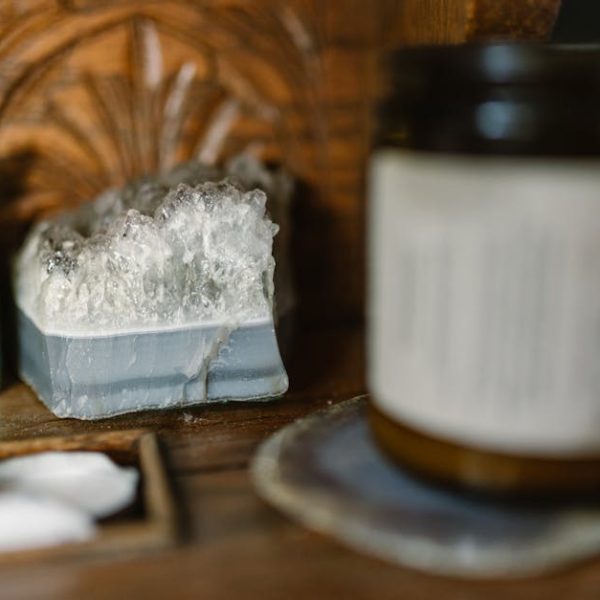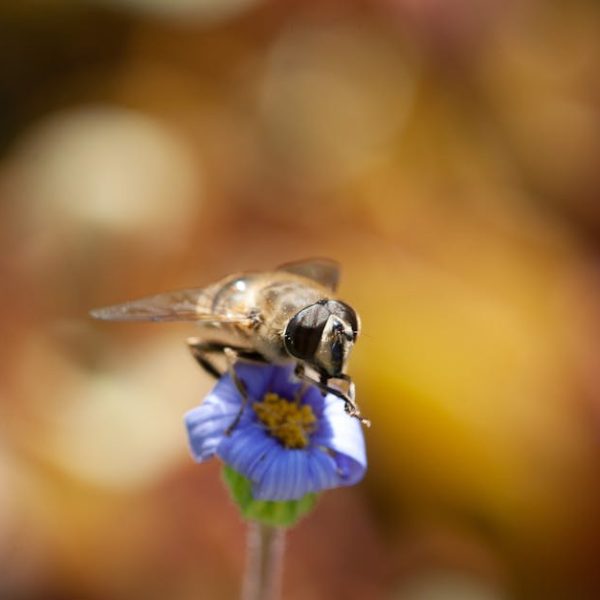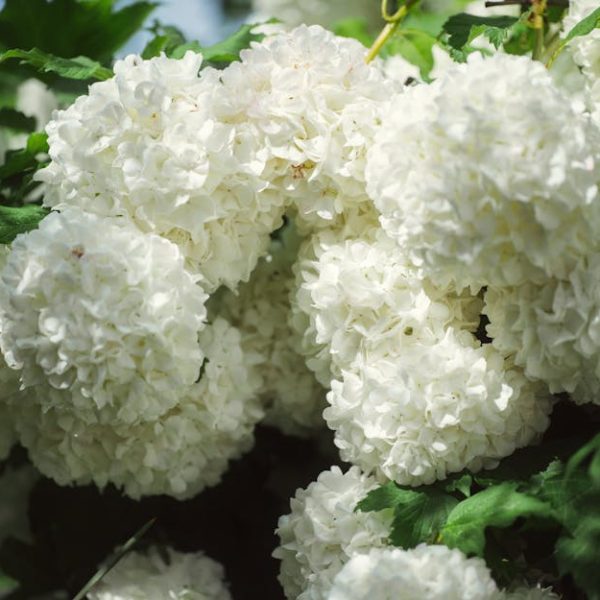Ants are a common pest in many households. They are attracted by food residues and other organic matter in your home. Battling these tiny home-invaders can be a bit tricky, given their size and numbers. However, there are several natural ant-remedies available that can help you, without resorting to harsh chemical insecticides.
Using Vinegar to Repel Ants
Vinegar is one effective natural remedy that works excellently as an ant repellent. The high acidity in vinegar disrupts the ants’ pheromone trails, causing confusion and deterring them from frequenting those areas.
Here’s how to use:
- Mix equal parts of vinegar and water in a spray bottle.
- Spray generously on the trails of the ants and around their entry points in your home.
For optimal potency, consider using distilled or white vinegar that are clear and non-staining.
Pro tip: Pay special attention to the kitchen, bathroom, pantry, and garbage area where ant activities are usually high.
Employing Essential Oils as Ant Deterrents
Essential oils such as peppermint and citrus have strong smells that can confuse and deter ants from their trails. Moreover, some of these oils are toxic to ants. Make a diluted essential oil spray by combining:
- 10-20 drops of essential oil
- A cup of water
Soak cotton balls in this mixture and place them near the ant-trails.
Best Practices: Always test on a small section before applying to avoid potential damage to certain surfaces.
The most effective essential oils against ants are:
- Peppermint
- Citrus
- Tea tree
- Eucalyptus
Defending with Diatomaceous Earth
Diatomaceous earth (DE) works as a non-toxic insecticide that kills ants and other insects by drying out their exoskeleton, leading to their dehydration and death.
To apply DE:
- Lightly dust areas where you notice ant activity.
- Include the perimeter of your home and along ant trails.
Pro tip: Always aim to keep DE dry as it loses its effectiveness once wet.
Always use food-grade DE, and take precautions to avoid inhalation as it can cause lung irritation.
Benefitting from Baking Soda and Powdered Sugar
A fascinating homemade ant bait can be created by combining baking soda and powdered sugar. The sweetness of the sugar attracts ants while the baking soda, once ingested, kills ants.
Here’s how to make this bait:
- Mix equal parts of baking sugar and powdered sugar.
- Place the mixture near suspected ant trails.
Pro tip: Comparatively, homemade ant bait is safer and cheaper than commercial options, though it might require more patience and consistency.
Always keep baits out of reach of pets and small children and place them during the night to avoid attracting other pests.
Capitalizing on Coffee Grounds as Ant Repellent
Ants are put off by the bitter smell and coarse texture of coffee grounds. Scatter used, dry coffee grounds around the edge of your home, focusing particularly on the ants’ entry points.
Best practices: Used, dried-out coffee grounds are a better option than fresh ones as they avoid the risk of mould growth.
Plus, re-purposing your used coffee grounds is a fantastic, environmentally-friendly way of reducing waste.
Leveraging the Power of Herbs and Spices
Ants avoid certain strong-smelling herbs and spices that can be used to create a barrier around your home for protection. Some of the common kitchen spices that are effective include:
- Cinnamon
- Bay leaves
- Mint
- Black pepper
Pro tip: Try using whole cinnamon sticks or fresh bay leaves for a longer-lasting effect.
Considering Borax Bait
Borax is a naturally-occurring mineral that kills ants by disrupting their digestive system.
Here’s how to prepare the bait:
- Mix 1 part borax with 3 parts sweet attractant (like sugar or syrup).
- Place the mixture in small containers near ant trails.
Pro tip: Always keep this bait out of reach of children and pets because it can cause harm if ingested.
Chalk as an Ant Barrier
Key Takeaway:
- Vinegar, with its high acidity, disrupts ants’ pheromone trails acting as an effective ant repellent.
- Essential oils like peppermint, citrus, and tea tree confuse and deter ants. Some can also be toxic to these insects.
- Diatomaceous Earth kills ants by causing their exoskeleton to dry out, leading to dehydration.
- A mixture of baking soda and powdered sugar acts as a homemade ants bait, attracting with sweetness and killing with baking soda.
- Coffee grounds, herbs and spices like cinnamon and bay leaf, and citrus peels can be used as deterrents due to their strong, repellent smells.
- Borax, a naturally occurring mineral, kills ants by disrupting their digestive system.
- Chalk acts as a barrier that ants are unwilling to cross, providing a simple and effective deterrent.
- Carnivorous plants like the Venus Flytrap can be used as unique and green solutions to combating ant infestations.
Household items can indeed have surprising uses in our effort to maintain an ant-free home. They offer simple yet effective remedies to keep these little invaders at bay, with the added advantage of being safe for your family and pets and friendly to the environment.
FAQs
Q: What’s the advantage of using natural methods over commercial ant killers?
A: Natural methods are typically safer for you, children, pets, and the environment as they don’t contain harsh chemicals. Many are also low-cost and use common household items.
Q: Can natural methods completely eradicate ants from my home?
A: These methods can significantly decrease ant populations and discourage them from entering your home. In cases of severe infestation, it may be necessary to consult a pest control expert.
Q: Could these remedies be used to handle other forms of pest infestations?
A: While these remedies are specifically designed for ants, some such as diatomaceous earth and essential oils can be effective against other pests like cockroaches.
Q: How long should I continue these treatments?
A: Each method varies, but in general you should continue treatments until the ant activity ceases. For prevention, regular application is helpful.
Q: Are there any potential risks or downsides with these natural remedies?
A: Some remedies need to be used carefully around pets or children. For example, borax can be harmful if ingested and diatomaceous earth can cause lung irritation if inhaled.
We hope this guide has equipped you well to defend your home against ants. If you found it useful, explore more posts on our site and don’t hesitate to share it with others too.






